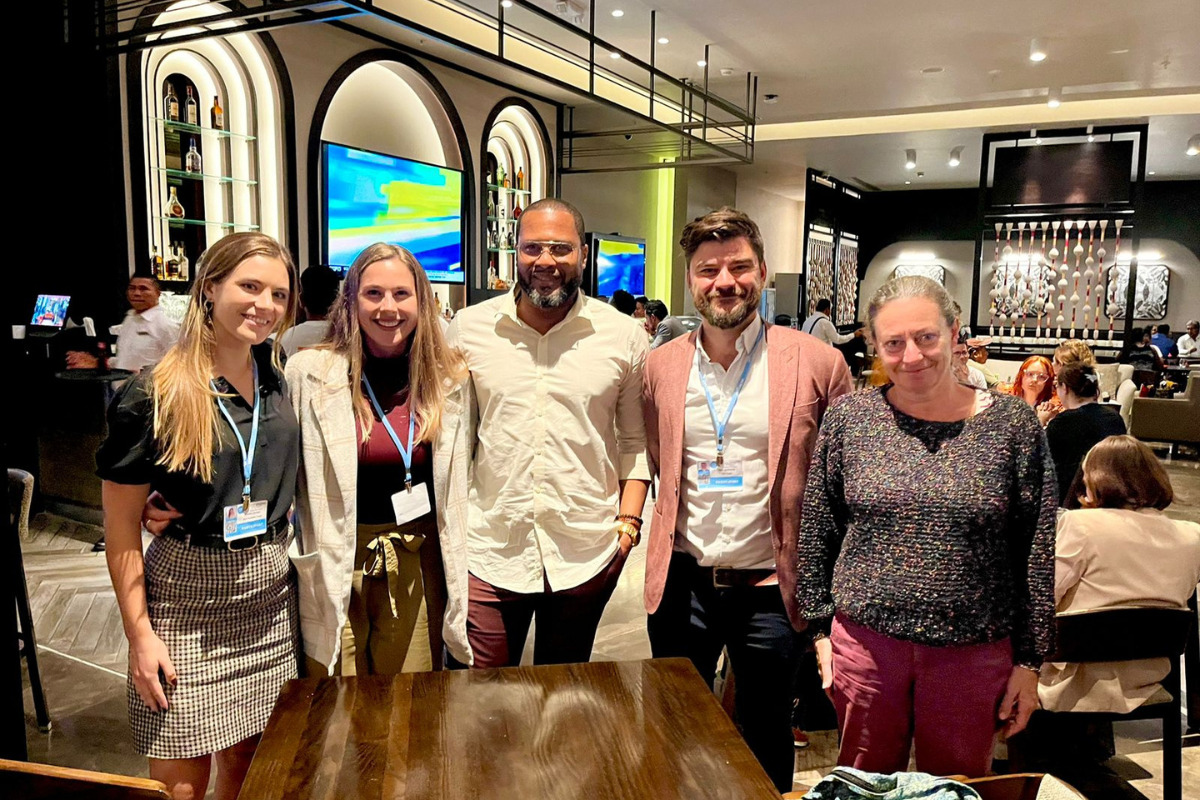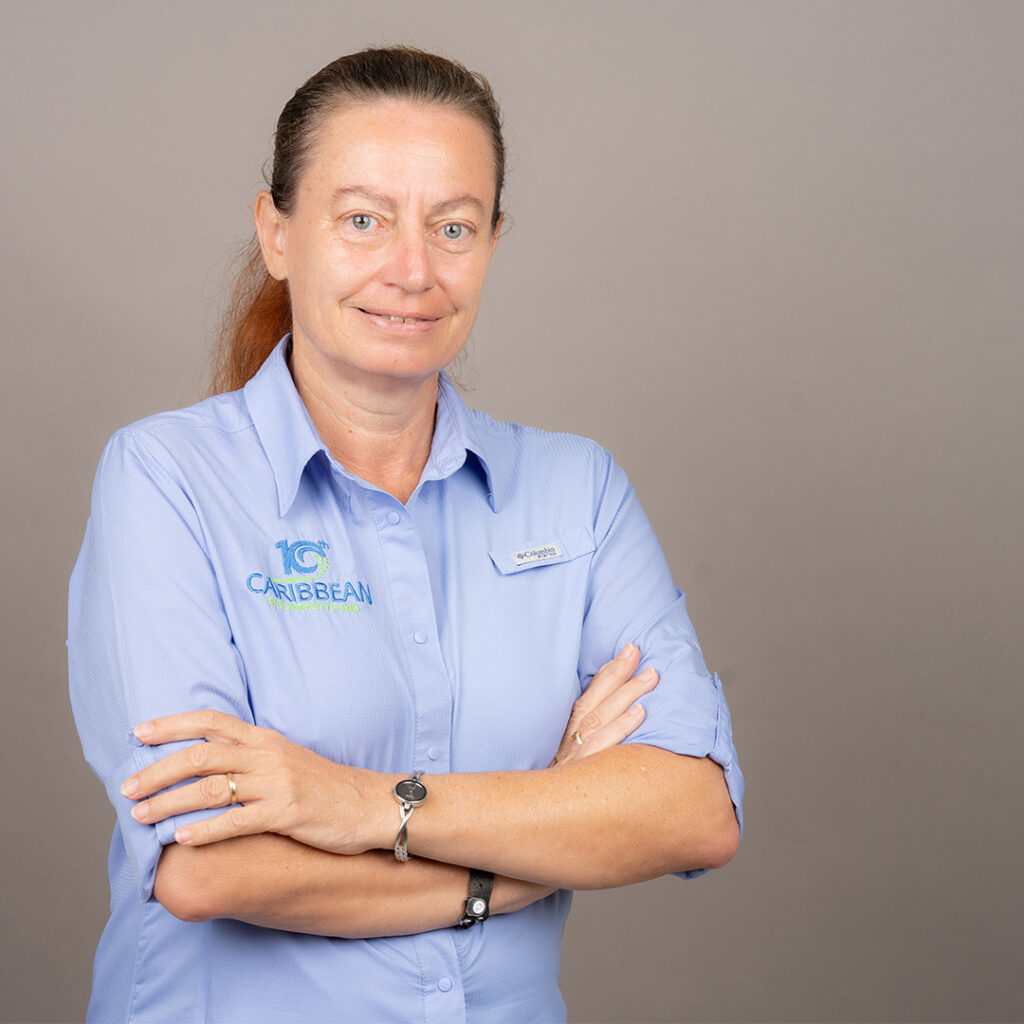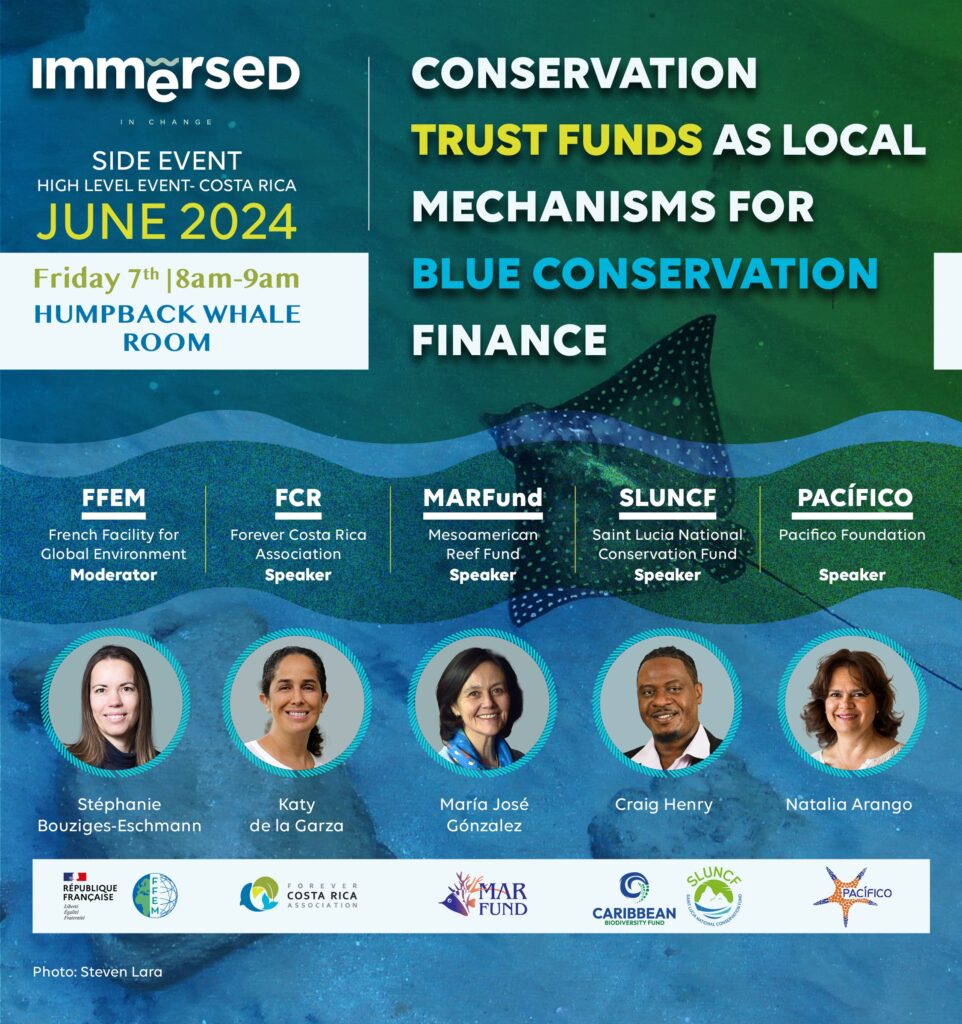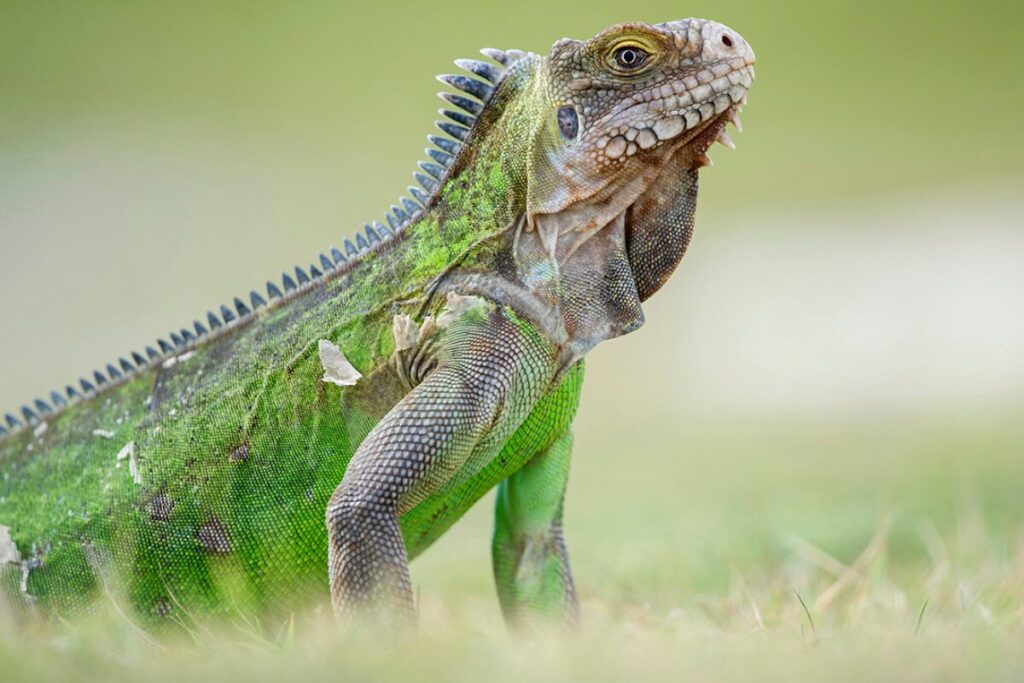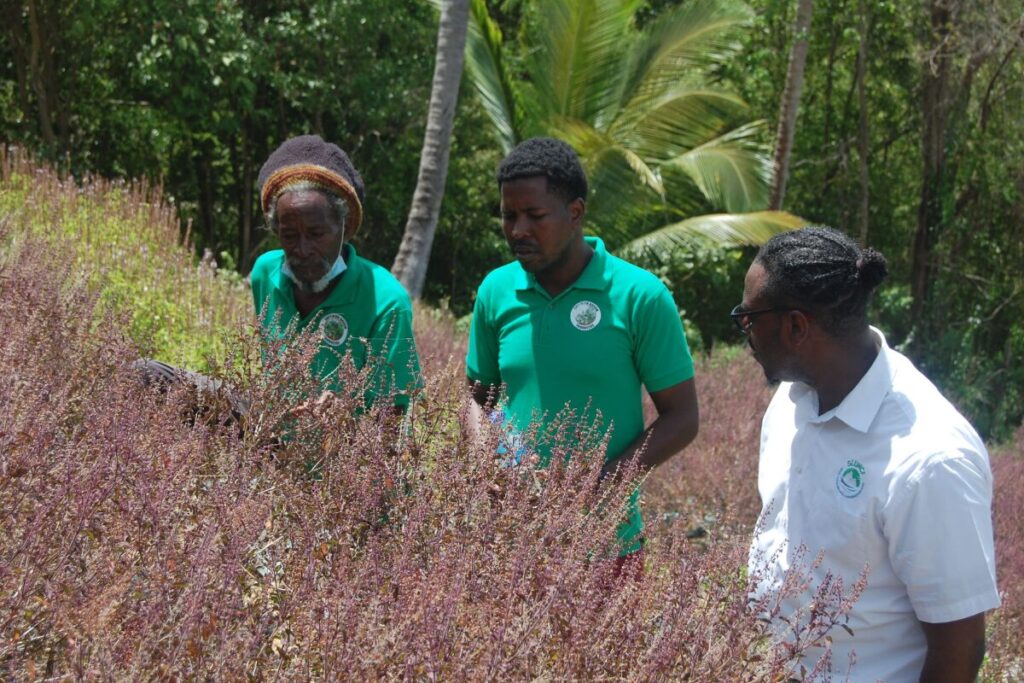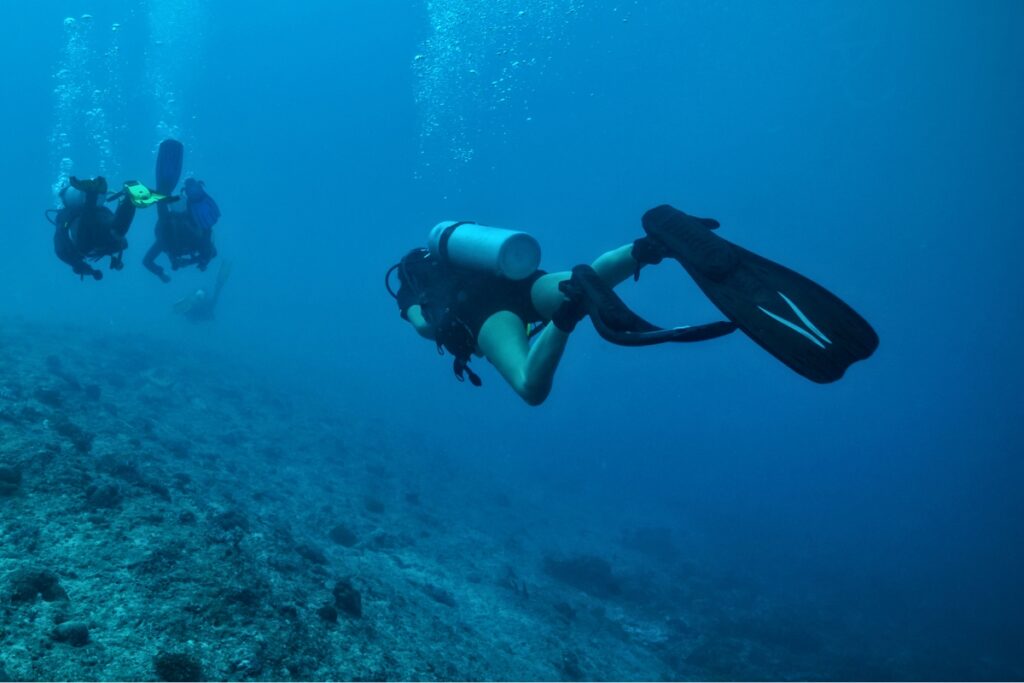The Caribbean is one of the world’s most climate change vulnerable regions. Its large coastal populations and exposed location leave it at the mercy of rising sea levels, stronger storms, and worsening drought. Increasing temperatures threaten its unique biodiversity putting many of these tourism-dependent countries at risk as the effects of climate change affect their citizens and their livelihoods.
Addressing these and other conservation challenges is complex and interconnected, requiring a multidisciplinary and integrated approach. Collaboration and knowledge exchange among diverse stakeholders are key and events such as the Latin America and the Caribbean Climate Week (LACCW) is one of those creating space for these crucial conversations and networking. The LACCW is an annual event that brings together leaders from governments, businesses, international organizations and civil society to explore ways to reduce greenhouse gas emissions while adapting to the mounting fallout from the climate crisis. This year, LACCW took place in Panama City, hosted by the government of Panama on October 23 to 27.
The Caribbean Biodiversity Fund’s (CBF’s) Ecosystem-based Adaptation (EbA) Facility participated in this year’s LACCW for the first time. On Sunday October 22, the Coastal Wetlands/Blue Carbon in National Climate Commitments (PEW) Workshop highlighted expertise in blue carbon and coastal wetlands, featuring technical briefings and roundtable discussions on research, greenhouse gas inventories, national policy development, and Nationally Determined Contributions (NDC) commitments. Mangroves took center stage, recognized for their dual role in mitigation and adaptation. Emphasis was placed on the ecological valuation of mangroves to guide conservation priorities and secure consideration in blue carbon markets. The workshop emphasized the need for multi-sectoral integration, ecological characterization, and carbon content classification by species for mangrove protection. Sustainable financing was identified as crucial for mangrove ecosystem management, advocating for simplified and harmonized policy frameworks for cost-effective regional actions. Key learnings from this workshop reinforced recommendations from a CBF 2023 Mangrove and Coral Restoration Workshop, held in February, emphasizing the importance of hydrological restoration for mangrove recovery. The CBF continues to foster a mangrove alliance among EbA Facility grantees and to establish a blue carbon baseline and accounting mechanism, to improve its reporting on the IKI Action Mitigation Indicator. The PEW wetlands workshop was an important step towards the exploration of common interests between the CBF and PEW in carbon accounting and ecosystem valuation.
Hayden Billingy, CBF EbA Facility Technical Officer, presented on the CBF’s existing windows of support for regional action on adaptation at the Adaptation Committee Meeting convened to enhance region-wide coherence on adaptation. The meeting, hosted by the UNFCCC Secretariat, included presentations on adaptation priorities, existing support opportunities, and regional initiatives. The Adaptation Committee, a leading UN body on adaptation, fosters collaboration among regional organizations, development banks, and stakeholders for effective adaptation action.
With the CBF’s successful participation at LACCW23, the EbA Facility aims to organize a joint side event with CBF beneficiaries and partners at the 2024 staging. Mitigating and adapting against climate change is a collective responsibility requiring stakeholders at all levels in the Caribbean to collaborate and take action. The CBF, as a regional conservation trust fund, is supporting these and other events to facilitate dialogue and action to advance global biodiversity targets in the Caribbean including those related to climate change such as the upcoming global stocktake.

